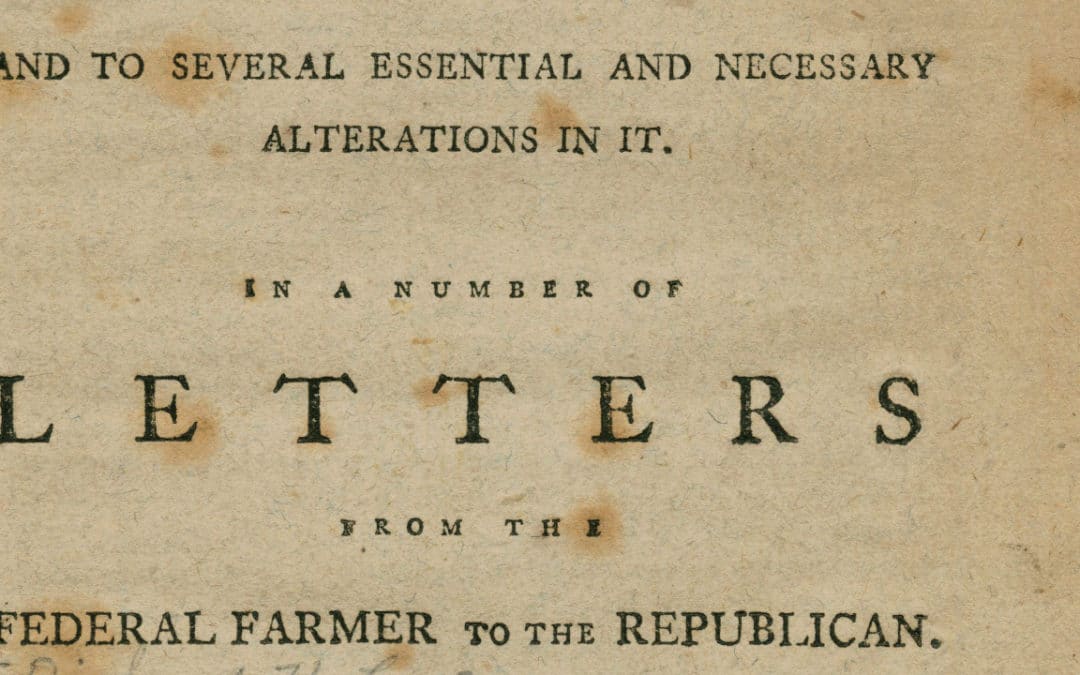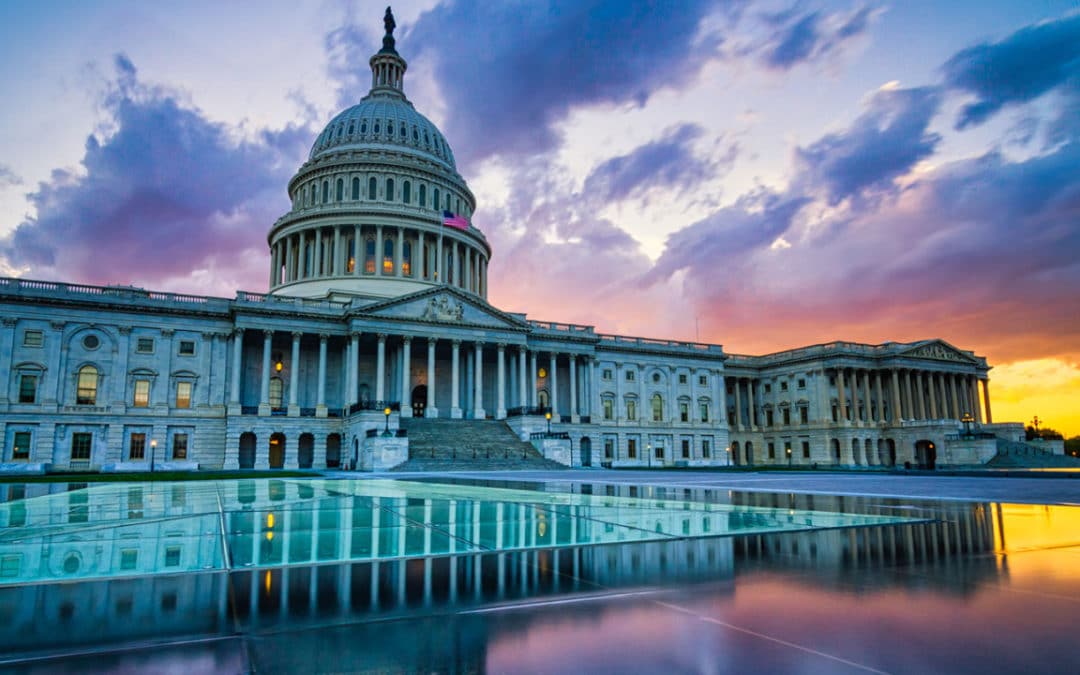
Federal Farmer


Federal Farmer: More Warnings on Insufficient Representation
In his series of essays, the Anti-federalist Federal Farmer warned repeatedly that the proposed Constitution provided for too little representation in Congress. Previously, he argued that a tendency toward aristocracy would prevent adequate representation, and that...
Federal Farmer: Representation Isn’t Sufficient
When it was ratified, the U.S. Constitution set a cap on the number of representatives at no more than one per 30,000 persons. In his seventh letter dated Dec. 31, 1787, the Federal Farmer argues that this constituted too few representatives to accurately reflect the...
Federal Farmer: Amendments are Essential and Necessary
In his sixth letter dated Dec. 25, 1787, the Federal Farmer wrote of the “essential and necessary” inclusion of meaningful amendments to the Constitution prior to its ratification. Though some federalists like James Madison would later support proposed amendments at...
Federal Farmer: Constitution creates “a strong tendency to aristocracy”
In his third letter dated Oct. 10, 1787, the anti-federalist writer Federal Farmer wrote skeptically of the proposed new federal government for fear it would bring about a “tendency toward aristocracy,” similar to those which could be found in European nations. ...
